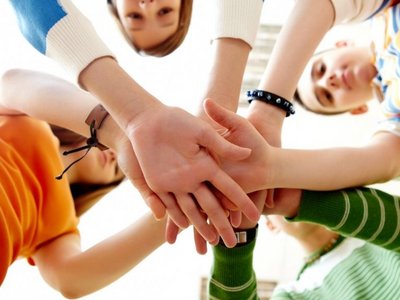

November 20 is International Children's Rights Day, as the Convention on the Rights of the Child was adopted by the UN General Assembly on November 20, 1989.
Since then, the day has been celebrated worldwide and used to focus on the human rights of children. Important aspects are the participation of children and young people and their right to co-determination. These also apply to science and research.
Pupils take part in research
With the "Sparkling Science 2.0" program, the Federal Ministry of Education, Science and Research supports citizen science projects in which pupils of all school levels as well as civil society are actively involved in the research process. The aim is to give pupils from peripheral regions in Austria, from families with a migration background and/or educationally disadvantaged children and young people an insight into the world of science. The increased participation of pupils and adults in research processes contributes significantly to deepening the dialog between science and society and improves skills in scientific work and lifelong learning.
All current projects can be found here. The completed project "Young people explore children's rights" even had children's rights as a central research topic.
Everyone wins
As part of the "Citizen Science Award" research competition, selected citizen science projects invite pupils, school classes and teachers, as well as interested adults and families, to help answer scientific questions. Which bumblebee species are common in Austria? What political participation opportunities are there? How do extreme weather events affect the soil?
From 2015 to 2023, more than 22,500 schoolchildren, individuals and families from all over Austria took part. Since 2015, they have supported the research with over 192,000 contributions.
